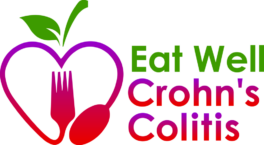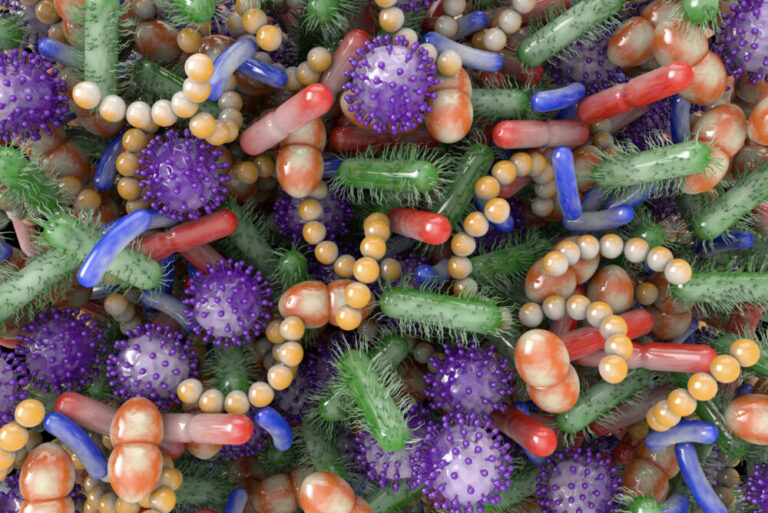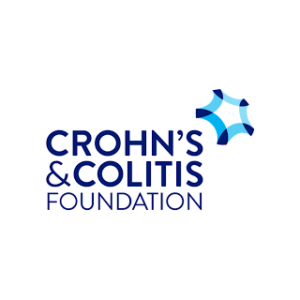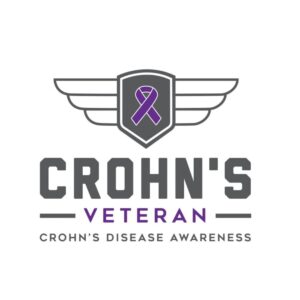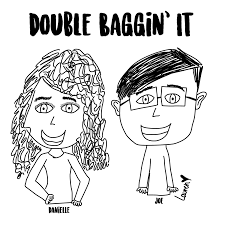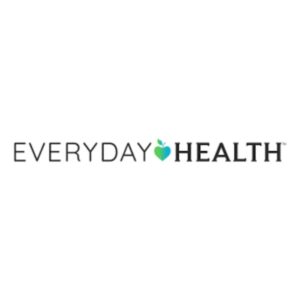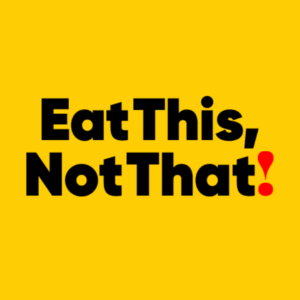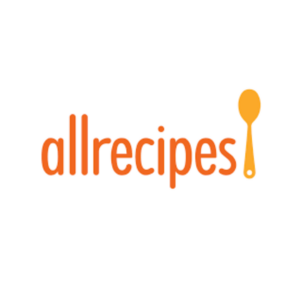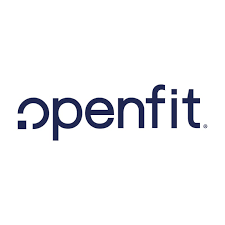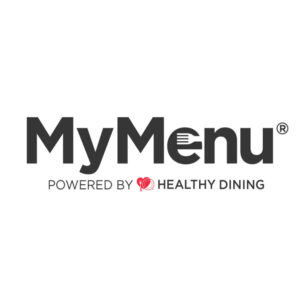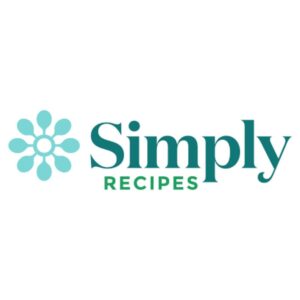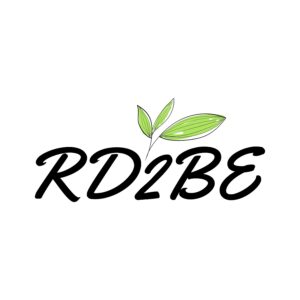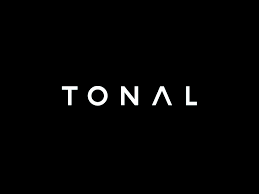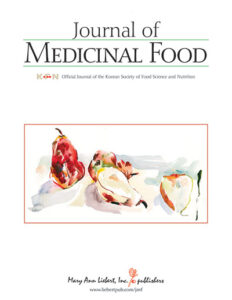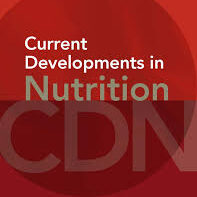What to Eat and Drink During a Crohn’s Flare-Up
Danielle Gaffen, MS, RDN, LD
- Last Updated
Have you been wondering what to eat during a Crohn’s or ulcerative colitis flare-up? Follow these nine tips to navigate your symptoms with more success.
It’s hard for people without Crohn’s disease or ulcerative colitis to understand how difficult it is to figure out what to eat during an IBD flare. So if you’ve been feeling confused, frustrated, or alone by what to eat to manage your symptoms during an IBD flare, please know that you’re not alone!
This article will share 9 general suggestions of what to eat and what not to eat during a Crohn’s or colitis flare up that may be beneficial to get you through it.
9 Tips for What to Eat During a Flare
Jump to one of the sections to learn more about how to select foods that will help your flare, rather than set you back further.
- Choose lower-fiber options
- Avoid foods that can cause high stool output
- Opt for lactose-free foods if lactose-intolerant
- Decrease intake of concentrated sweets
- Decrease intake of alcohol
- If you have strictures avoid nuts, beans, and kernels
- Incorporate omega-3s
- Eat small, frequent meals
- If your appetite is decreased, consider liquid nutritional drinks
But please note that many of these suggestions are meant to be followed temporarily until you’re feeling better.
1. Lower-Fiber
Fiber has a complicated link to inflammatory bowel disease, and information on how fiber can affect the condition is often conflicting. One of the reasons why fiber recommendations are so confusing with IBD is because they are based on disease activity.
Fiber recommendations are different during a flare versus in remission. They are also different for secondary disease complications experienced, just as the amount of fiber recommended is different for strictures versus hemorrhoids.
When a Low-Fiber Diet is Prescribed
A low-fiber diet (formerly known as a low-residue diet) is often prescribed by the GI doctor during a flare for short-term control of gastrointestinal symptoms and to reduce the amount of stool output. In essence, we’re trying to give your gut a break while you’re having a lot of symptoms. A lower-fiber diet typically contains less than 13 grams of fiber per day, but sometimes as low as 8 grams of fiber per day may be recommended depending on the situation.
But please note: you may not always need a low fiber diet! And very often, people with IBD are not advised to re-introduce fiber, which can result in prolonged unnecessary fiber restriction. This is unfortunate because several nutritional research studies have found that a low-fiber intake is associated with a risk of flare-ups in people with IBD!
2. Avoid Foods that May Increase Stool Output
This recommendation is to decrease how hard your gut is working. By temporarily eliminating certain foods and beverages, you can give it a break. Some food examples that can increase stool output are:
- prunes or dried plums
- caffeinated beverages
- raw fruits and veggies
3. If You Have Lactose Intolerance, Follow a Lactose-Free Diet
Lactose intolerance causes gas, bloating, cramping and/or diarrhea 30 to 90 minutes after eating milk, ice cream or large amounts of dairy.
So, if you’re already flaring, this recommendation can prevent additional symptoms if you’re lactose intolerant.
4. Decrease Concentrated Sweets in The Diet
Too much concentrated sugar may make loose stool worse. Foods such as soda, regular sports drinks, candy, and even fruit juices can pull water into the intestine.
This has to do with osmosis: when concentrated sugar is passing through the gut, the body moves water into the area to try to dilute it. And that water has to come out somewhere. This means that sugars stimulate the gut to put out water and electrolytes, which loosen bowel movements.
So the motivation for this recommendation is to prevent more loose stool on top of diarrhea you may be having from the flare.
5. Decrease Alcohol Consumption
Alcohol causes most people with IBD to experience worse symptoms. Side effects of even moderate alcohol consumption may include gut irritation, diarrhea, and bleeding.
Here’s another article specifically about alcohol recommendations and IBD.
6. If You Have Strictures
A stricture is a narrowing of a section of the intestine that causes problems by slowing or blocking the movement of food through the area.
People who have strictures may need to alter their diet to ensure that the narrowed portion of their intestine does not become blocked. Certain foods may be more likely to get hung up inside the stricture and not be able to pass through.
You may also need to avoid foods which are more difficult to digest, such as:
- fruit and vegetable skins
- seeds
- nuts
- sweet corn
- beans
- gristly meats
Or, you may need to follow a temporary liquid diet. But again, how much you may need to modify your diet will depend on the nature of your stricture.
7. Try Incorporating More Omega-3s
Omega-3 fatty acids are essential fats our bodies can’t produce on their own, but are able to get from food.
Multiple research studies have shown that Omega-3 fats may have an anti-inflammatory effect for people with IBD.
Omega-3s are especially found in cold water fish, including salmon, mackerel, herring, and sardines. While our bodies naturally digest and absorb animal-based omega-3s most efficiently and easily, there are plant-based sources of omega-3s, too.
8. Try Having Small, Frequent Meals
Smaller portions consumed at more frequent intervals throughout the day are often better tolerated by the gut. Also, small, frequent meals can maximize nutritional intake as it provides you with more opportunities to fit in nutrient-dense foods throughout the day.
I just want to be clear here, I’m not recommending less food overall in a day. But eating regularly and dividing up overall intake into 4-6 mini meals can help with symptom management during a flare.
9. Consider Taking Liquid Nutritional Supplements Or Drinks
If your appetite is decreased and solid foods not tolerated well, it’s worth considering the addition of liquid nutritional supplements or drinks. There are a few reasons for this:
- Your body’s nutritional needs may be increased during a flare.
- Not eating can lead to weight loss, nutrient deficiencies, and malnutrition.
- Malnutrition compromises the gut’s ability to digest and absorb food properly!
During a flare, an oral nutrition supplement may be appropriate, but just make sure to check out the food label before buying it. It’s also important to note that many of the nutritional supplements out there have a significant amount of fiber, which may be contraindicated during an IBD flare.
Liquid supplements can boost your nutritional intake when you’re unable to eat whole foods. Additionally, they can protect your small intestine’s ability to absorb nutrients.
Recommended Brands for Liquid Nutrition Supplements
Current market leaders for nutrient-rich formulas are Boost (made by Nestlé) and Ensure (made by Abbott), However, here are some other products that exclude some of the common artificial ingredients and food additives found in nutrition shakes on the market (please note that I’m not paid or sponsored to mention any of these products):
- Orgain Nutritional Shakes
- Kate Farms Nutrition Shakes
- Boost Soothe Drinks
Which formula and how much of it your healthcare provider recommends depend on the severity of your disease symptoms and overall health. It’s important to AVOID creating your own liquid diet, as this can lead to SIGNIFICANT nutrient deficiencies and health complications.
What Else Can I Drink During a Crohn’s or Colitis Flare Up
Water is of course key for hydration, but you may need options with more electrolytes if you’re having a lot of diarrhea during a flare.
An oral rehydration solution is a simple mixture of water, sugar, and salt in the right combination that’s highly effective in improving hydration status.
Here’s why oral rehydration solutions work: The electrolytes in the beverage replenish what your body lost with loose stool or diarrhea. The sodium and glucose inside the beverage will allow water to enter through the intestinal cells through the Sodium Glucose Pumps, therefore hydrating you faster than plain water!
Remember this! For most of us, water is the best hydration solution there is! Therefore, when a healthy, hydrated person drinks an Oral Rehydration Solution they may not feel a difference. It’s when the body starts to experience mild to moderate dehydration that an Oral Rehydration Solution is important and the difference in hydration can even be felt very quickly!
For more information about oral rehydration solutions, as well as examples of store-bought brands and simple and cost-effective recipes, here’s a free resource for some guidance.
Take Home Message
Next time you are experiencing a flare, refer back to these 9 quick food tips that may calm down and soothe your digestive tract. However, please keep in mind that these recommendations are meant to be considered during a flare and may not be appropriate once you’re feeling better!
Ultimately, consulting with an IBD dietitian is recommended to develop a personalized eating plan that considers your particular food triggers, taste preferences, nutritional needs and goals, and lifestyle.
Feeling confused about what to eat to manage your IBD flare symptoms? We welcome you to explore Eat Well Crohn’s Colitis’ individual and hybrid offerings:
Individual IBD Nutrition Coaching:
- Work with Danielle One-On-One
- Dietitian-Led individualized Virtual Program & Online Course to Manage IBD
Looking for More Free Resources?
Here are some additional free resources that can help you navigate a flare-up:
